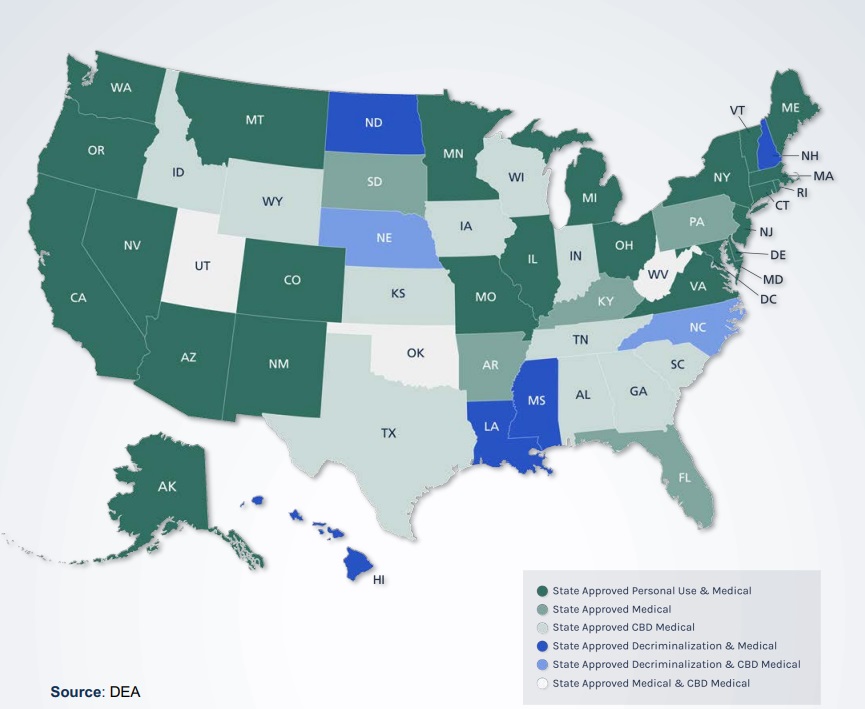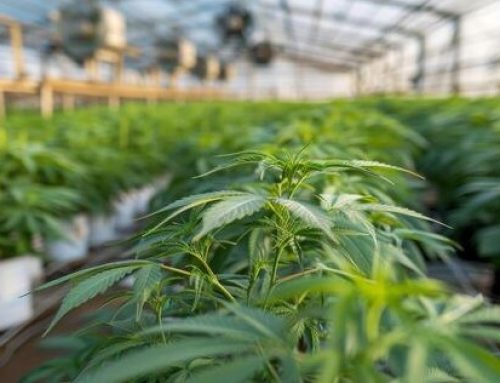DEA Report Highlights Shifts in U.S. Drug Trafficking Trends
LOS ANGELES- The Drug Enforcement Administration (DEA) released its 2024 National Drug Threat Assessment (NDTA) on May 9, providing an in-depth analysis of illegal drug and trafficking trends in the United States.
DEA Administrator Anne Milgram emphasized the evolving threats to public safety and national security, highlighting a shift from plant-based drugs like heroin and cocaine to synthetic drugs such as fentanyl and methamphetamine. “The synthetic drug crisis, driven by the Sinaloa and Jalisco cartels, has become the most dangerous drug crisis the United States has ever faced,” Milgram stated.
The NDTA includes detailed chapters on the influence of the Sinaloa and Jalisco Cartels, as well as specific substances like fentanyl, nitazenes, heroin, methamphetamine, cocaine, cannabis, controlled prescription drugs, new psychoactive substances, illicit finance, and the DEA’s response strategies.
The report’s section on cannabis noted that despite state-level legalization, illegal cannabis markets continue to flourish. The DEA identified significant trafficking by Mexican cartels and Asian organized crime groups. The report also highlighted the increasing potency of cannabis, citing data from the University of Mississippi Marijuana Potency Monitoring Program, which showed a rise in THC potency from approximately 1% in 1977 to 16% in 2022.
The DEA expressed concerns over the environmental damage caused by illegal cultivation and the rise in emergency room visits by children. The administration’s Dallas Division recently seized $2.8 million in cannabis linked to Chinese nationals growing illegally in Oklahoma, with two individuals convicted of drug trafficking in January 2024.
A separate study in Colorado found that reported THC levels in cannabis products often exceed actual levels by at least 15%. Headset data indicated a recent decline in average THC potency in California, attributed to new cannabinoid testing regulations implemented in January 2024.
The report also touched on potential cannabis tax reforms, which could save operators billions, but noted that current tax obligations remain unchanged during the public comment period. Broader changes, such as federal banking protections and interstate commerce, will require Congressional action.
Bryan Barash, a vice president at Dutchie, a cannabis point-of-sale software provider, and co-chair for the Coalition for Cannabis Scheduling Reform, praised the report. “This is a significant milestone for federal cannabis policy and state market support,” Barash stated.



































